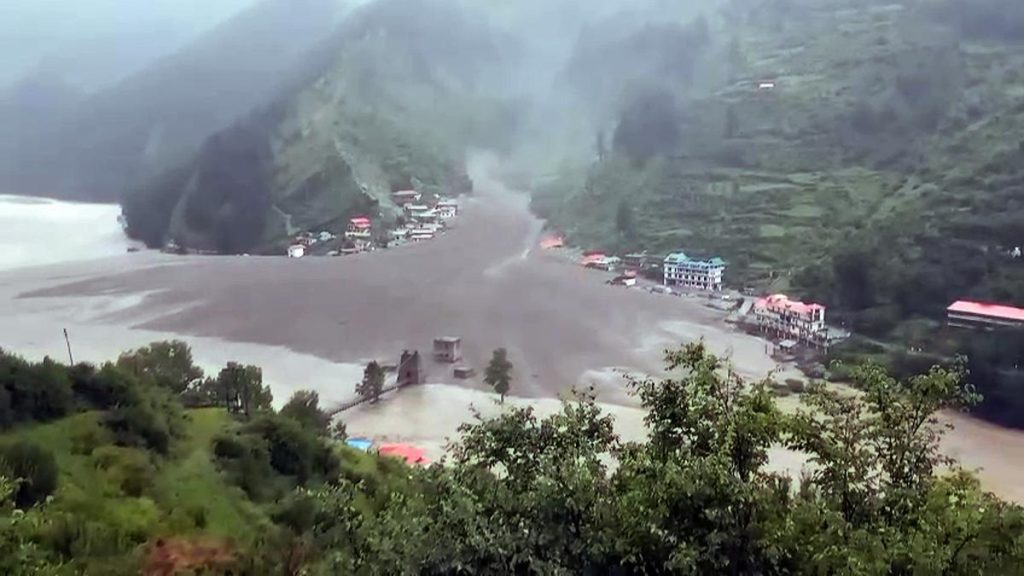Now Reading: SC Bans Hand-Pulled Rickshaws in Maharashtra’s Matheran Over ‘Inhuman’ Practice
-
01
SC Bans Hand-Pulled Rickshaws in Maharashtra’s Matheran Over ‘Inhuman’ Practice
SC Bans Hand-Pulled Rickshaws in Maharashtra’s Matheran Over ‘Inhuman’ Practice
Quick summary
- The Supreme Court has directed the Maharashtra government to phase out hand-pulled rickshaws in Matheran within six months, terming the practice “inhuman” and against human dignity.
- Matheran is a unique eco-sensitive zone where automobiles are banned, requiring choice transport solutions for tourists and goods.
- The State was instructed to adopt e-rickshaws in place of these manual rickshaws. Officials were encouraged to follow Gujarat’s rental model implemented in Kevadia.
- A Bench led by Chief Justice B R Gavai emphasized that economic hardship does not justify degrading employment practices and cited past judgments for support.
- Paver blocks will be laid along certain routes in Matheran,but internal roads and trading pathways remain untouched to preserve ecological balance.
- The court directed the local management under a monitoring committee chaired by the Collector of Matheran to identify genuine rickshaw pullers and determine e-rickshaw requirements based on ground realities.
- Tribal women and other locals could be prioritized for allocations of any surplus e-rickshaws, ensuring livelihood opportunities.
Indian Opinion Analysis
The Supreme Court’s decision banning hand-pulled rickshaws reflects India’s broader effort to align socio-economic practices with constitutional values. By phasing out this practice after decades since independence, it sends a strong message about prioritizing human dignity over exploitative traditions stemming from poverty. For eco-sensitive zones like Matheran, introducing environmental-pleasant alternatives such as e-rickshaws strikes balance between ecological preservation and ethical labor rights.However, implementing change within constrained timeframes poses challenges-logistical difficulties surrounding infrastructure upgrades (e.g., laying paver blocks) or ensuring fair distribution mechanisms might need close oversight from authorities.Success depends on proactive measures from local governance bodies paired with adequate financial commitment-a point strongly emphasized by the court.
In addressing outdated labor systems while preserving ecological integrity unique to hill stations like Matheran, this ruling could serve as precedent for similar interventions nationwide.
Read more: [Link provided]

























